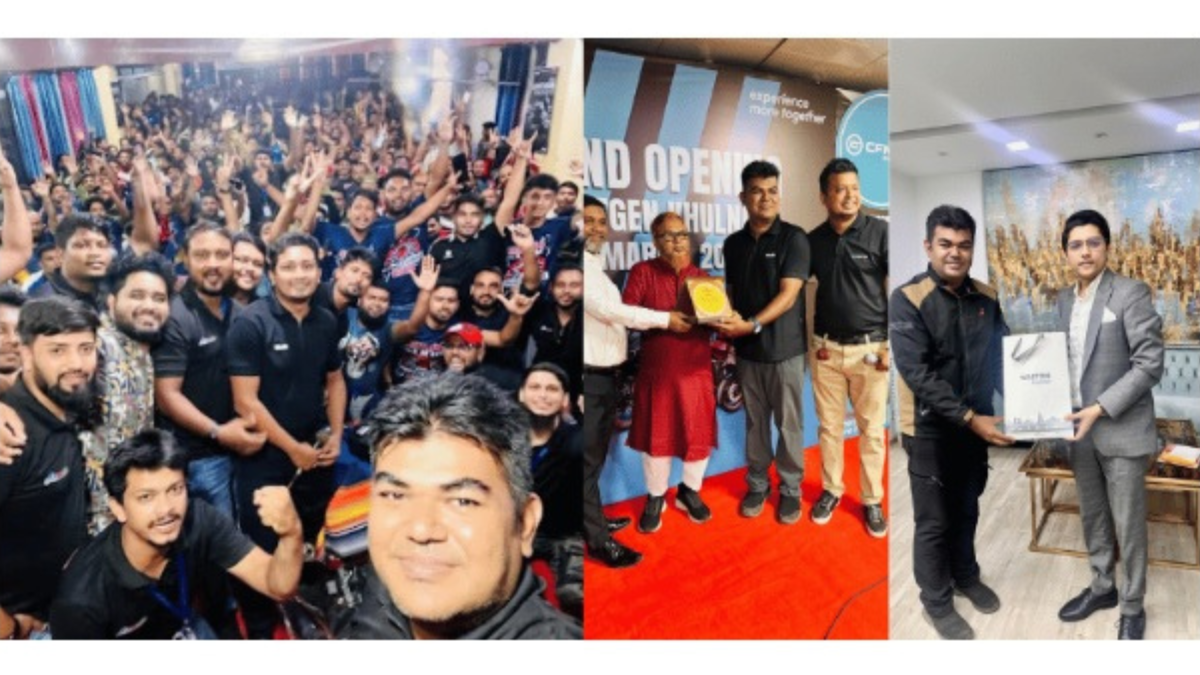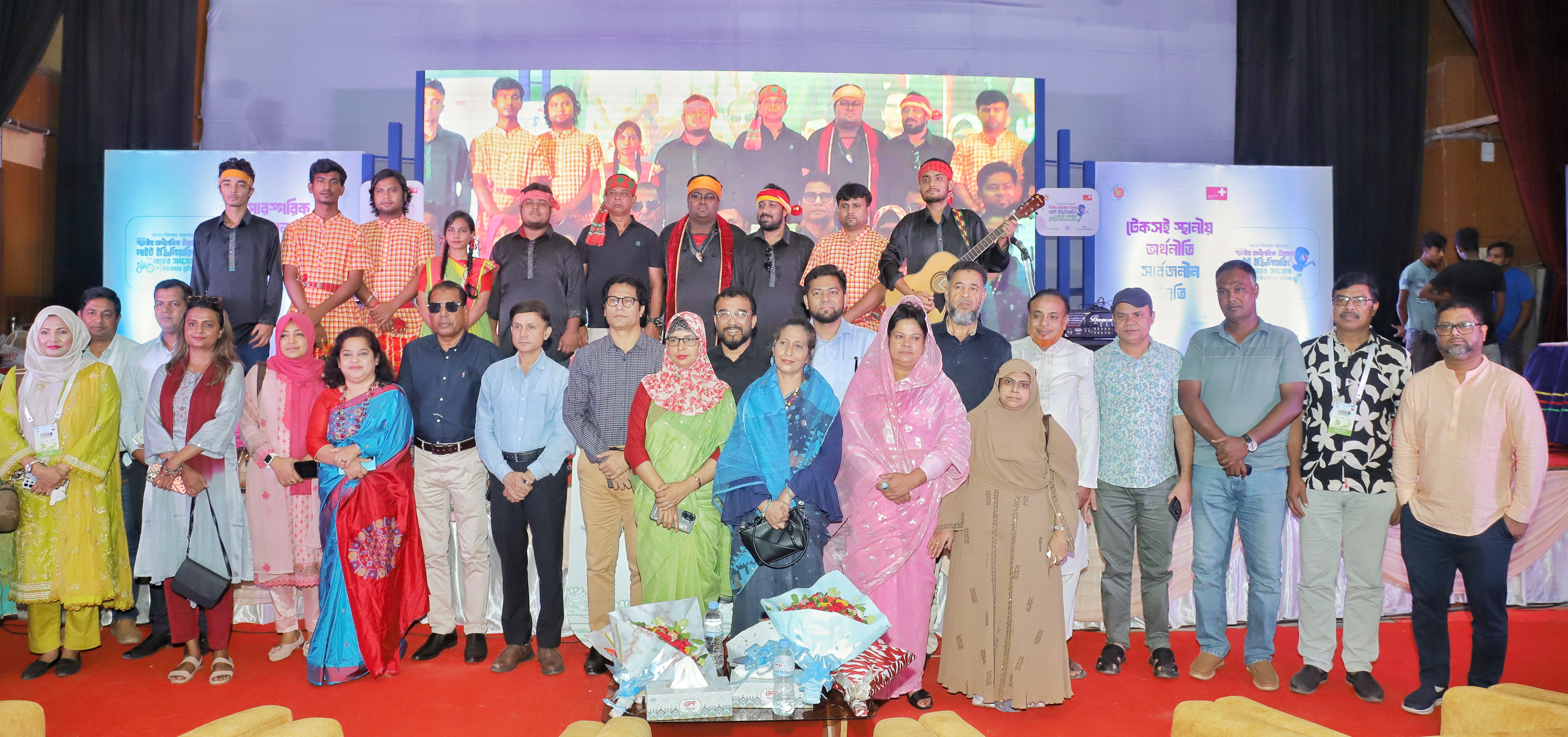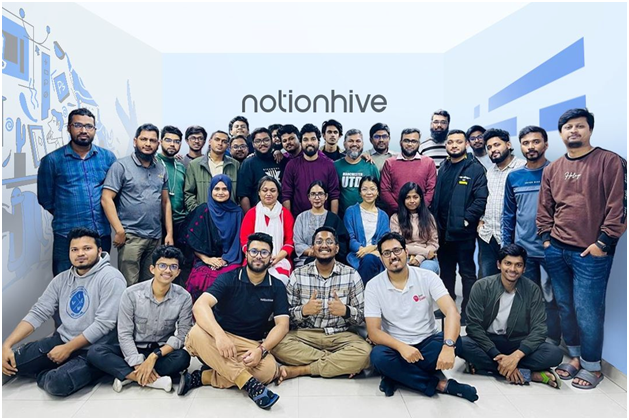
Bangladesh Ambassador to South Korea Abida Islam is optimistic that Bangladesh would be able to attract increased foreign direct investment (FDI) from South Korea this year as the country has started inoculation, like 50 other countries across the globe and ensured significant improvement in business environment. In a conversation over telephone with Bangladesh News Special Correspondent, she shared details about how Bangladesh mission in South Korea is highlighting Bangladesh's investment prospects.
Bangladesh economy has shown resilience during the pandemic period by posting over 5.0 percent growth, one of the highest in the South Asian region, during 2019-20 fiscal.
With inoculation, like 50 other countries across the globe and ensuring significant improvement in business environment, Bangladesh is expected to see a remarkable jump in attracting South Korean investment this year.
The growth of Bangladesh economy reflects gradual recovery supported by a strong manufacturing base and widening export destinations with able and successful initiatives of the country's foreign missions abroad, she mentioned.
Abida Islam, a career diplomat of the 15th BCS, has been working to increase Bangladesh’s engagement with South Korea in multidimensional sectors since joining the Bangladesh mission in Seoul three years back, she said.
According to the recent statistics of Bangladesh Bank, the 6th largest foreign direct investment (FDI) comes to Bangladesh from South Korea and so far its accumulated investment totals US$ 1.44 billion, after the USA, UK, the Netherlands, Singapore, and Hong Kong.
Bangladesh’s gross domestic product (GDP) is expected to grow by 6.8 percent in fiscal year (FY) 2021, according to the latest Asian Development Outlook (ADO) 2020 of the Asian Development Bank (ADB).
Bangladesh’s Ambassador to South Korea Abida Islam, who has completed three years in Seoul, has expressed the hope that South Korean President Moon Jae-in would visit Bangladesh in the near future.
Prior to her 2017 appointment as the top diplomat to Seoul, Abida Islam served multiple key posts at Bangladesh’s Ministry of Foreign Affairs in charge of international organizations, the Far East, Southeast Asia, Americas and the Pacific, counterterrorism and administration, alongside missions in London, Colombo, Brussels and India’s West Bengal.
Bangladesh is seeking to invite more Korean businesses by offering benefits such as government incentives. It also has some 100 economic zones equipped with infrastructure and an abundant laboru force which might attract Korean investors, Abida expected. Around 200 South Korean companies are operating in Bangladesh at present.
The bilateral trade volume between Seoul and Dhaka has increased notably to about US$ $1.44 billion from some US$2 million in 1973, when the countries forged diplomatic relations.
During her current tenure, Abida discussed investment opportunities in Bangladesh including strengthening business and investment cooperation between the two countries.
Appreciating the active business relations between the two countries, she said that both the countries have agreed to work closely to explore cooperation and investment opportunities beyond the traditional textile and garment sector, in new areas such as ICT, infrastructure, health, and electronics automobiles, banking, and services.
Korea has played a meaningful role in developing Bangladesh’s RMG industry by being the first and largest investor in the field from the late 1970s, she said.
Close to 90 percent of Korea’s investment in Bangladesh is in textile and leather industries.
Bangladesh has overtaken its much-larger neighbour India in terms of per capita GDP in 2020, owing to a respectable performance on the economic front despite slowing growth coupled with a steep contraction in the India economy as a result of their coronavirus lockdown.
Meanwhile, South Korea’s total fertility rate hit a record low of 0.92 in 2019, government data showed, in a clear warning to the nation’s economy over a population decline going forward.
Against the backdrop of declining population in South Korea, Dhaka should prepare mid- and long- term strategy to boost exports of skilled workers to the East Asian country, she said.
Bangladesh exported a total of 208 workers in 2020 to South Korea, 1647 in 2019, 2287 in 2018, 1829 in 2017, 1980 in 2016 and 2359 workers in 2015, according to Bureau of Manpower, Employment and Training (BMET).
Currently, approximately 10,000 Bangladeshi workers are now working in South Korea. The number was about 20,000 few years back, sources said
Bangladeshi workers should properly learn Korean language and remain dedicated to Korean employers to regain labour market in South Korea, said Abida Islam.
Only skilled workers having proficiency in spoken Korean language get jobs in South Korea, said Abida Isam. With required training, language proficiency and loyalty to employers, Nepalese workers are becoming popular to South Korean entrepreneurs, opined Abida. The number of Nepal workers and expatriates has reached some 60,000, according to newspapers.
After selection by Human Resource department (HRD) Korea, Bangladesh Overseas Employment Services Ltd sends the workers to South Korea. The South Korean government has introduced a skills test for migrant workers who are selected under EPS along with the existing language proficiency test from this year.
As per the new provision, the South Korean government has said that in the industrial category, the skills test will contribute 20 percent to the total score and the remaining 80 percent will be covered by the language test. Likewise, in the agriculture category, the skills test will cover 30 percent of the total score and the language test will cover 70 percent.
“As per existing system, migrant workers who aspire to go to South Korea will have score high in the language proficiency test,” said Abida Islam. Besides, other selection criteria for 2020 will remain the same as the existing one for 2019, sources said.












0 Comments